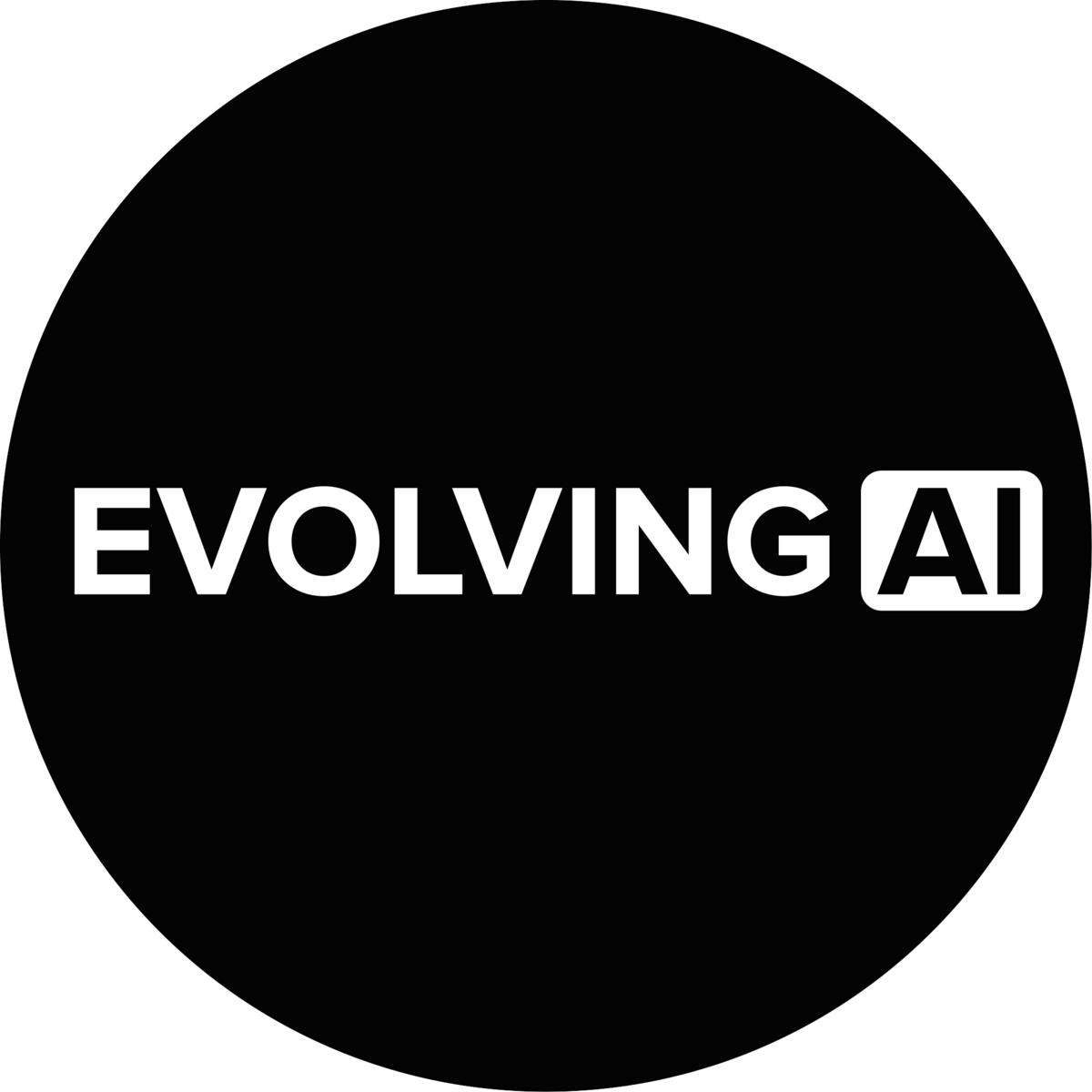
Welcome, AI enthusiasts
Elon Musk has launched a lawsuit against OpenAI and Sam Altman, accusing them of deviating from their nonprofit AI mission, highlighting the intense debate on AI's ethical direction. Meanwhile, Nvidia's latest forecast suggests AI could mirror human thought processes within five years, signaling a transformative leap in technology. Additionally, a new era in robotics emerges as machines learn to navigate using language technology. Let’s dive in!
In today’s insights:
Elon Musk Sues OpenAI and Sam Altman over ‘Betrayal’ of Nonprofit AI Mission
Nvidia CEO says AI could pass human tests in five years
Robots Learn to Navigate Like Never Before
Read time: 5 minutes
🗞 LATEST DEVELOPMENTS
ELON MUSK & OPENAI
🚨 Elon Musk Sues OpenAI and Sam Altman over ‘Betrayal’ of Nonprofit AI Mission
Evolving AI: A big fight between Elon Musk and OpenAI on what AI should be for.
Key Points:
Elon Musk has taken legal action against OpenAI and its leaders, saying they moved away from a promise to work for the good of everyone.
He claims they broke their original promise to share AI benefits with everyone, not just make money.
Musk believes OpenAI's work with Microsoft has made it focus more on making money than helping people.
He wants the court to make OpenAI stick to its promise to work for the public good and stop using its technology just to make money.
Details:
Elon Musk is suing OpenAI, its co-founders, and others, accusing them of changing their mission from helping humanity to making money, especially after partnering with Microsoft. Musk says this goes against their initial agreement to develop AI for everyone's benefit. He has given a lot of money to OpenAI and now wants them to focus again on their original goal. Musk's lawsuit also asks for actions to ensure OpenAI's technologies are used for the public's benefit, not just for making money.
Our Thoughts:
This lawsuit is poised to be the most significant in recent times, particularly because it may halt the release of AI developments to the public by OpenAI while it is ongoing. To understand the broader context of this story, we have written a summary of Elon Musk’s lawuit against OpenAI:
In 2015, Elon Musk and Sam Altman voiced serious concerns about artificial general intelligence (AGI) falling into the wrong hands and posing a threat to humanity. They were apprehensive about AGI being dominated by massive corporations like Google/DeepMind, whose CEO Larry Page had a dismissive attitude towards AGI replacing humans as the next evolutionary step, startlingly accusing Musk of "specism" for prioritizing humans. Thus, Musk, Altman, and others established OpenAI as a non-profit to specifically challenge Google’s leadership in the AGI arena. OpenAI aimed to develop AGI safely for the advantage of humanity, not shareholders. This "Founding Agreement" is encapsulated in OpenAI's Articles of Incorporation, affirming a commitment to openness and public advantage. Based on this mission, numerous individuals donated millions of dollars, and elite talent joined OpenAI. In 2023, OpenAI seemed to have reached a significant milestone with GPT-4 but licensed it exclusively to Microsoft, bypassing a public release. When the board attempted to intervene, a coup occurred, resulting in Microsoft gaining Board influence over the nominally "non-profit" OpenAI. The complaint alleges that OpenAI has effectively become a closed, profit-driven Microsoft subsidiary, completely betraying its original intent. The complaint likens OpenAI's behavior to a non-profit established to conserve the Amazon rainforest but then starting a for-profit logging company to clear the forests. The complaint demands court orders forcing OpenAI to stick to its foundational mission of developing AI safely and for the benefit of all humanity, not just the largest corporation.
Below are Elon Musk’s thoughts and why he’s suing OpenAI.
Evolving AI: Nvidia predicts AI may think like us in just five years.
Key Points:
Nvidia's CEO sees AI matching human thought in five years.
Setting clear goals for AI is essential for progress.
Advances in AI technology and chip design are key.
Details:
At a recent talk at Stanford University, Nvidia's CEO Jensen Huang shared insights on the future of artificial intelligence, focusing on AGI. Leading the way in AI chip technology, Nvidia powers platforms like ChatGPT. Huang believes that with clear objectives, AGI could soon excel in a broad spectrum of human tests within five years. While AI systems today can surpass humans in certain areas like law exams, they still face challenges in specialized fields such as medicine. However, Huang remains optimistic. He points out that continual improvements in AI capabilities alongside advancements in chip efficiency will enable AGI to overcome these hurdles soon. This growth involves not just increasing the number of chips but also enhancing their performance and efficiency.
Our Thoughts:
The projection by Nvidia's CEO about AGI mimicking human cognition within a short span is both fascinating and thought-provoking. This leap forward makes us ponder the future interaction between humans and machines, challenging our perceptions of intelligence. As this technology approaches our current capabilities, it invites us to consider the implications of living in a world where machines understand and think like we do. The real question we face is how this shift will transform our lives and whether we're ready for the advancements that AGI promises.
UC BERKELEY
🤖 Robots Learn to Navigate Like Never Before
Evolving AI: Robots now navigate using language technology.
Key Points:
UC Berkeley's team leads in robot navigation innovation.
Robots predict steps as if choosing the next word.
Training mixes human motion and YouTube video data.
Robots can navigate unknown streets, learning without prior examples.
Details:
UC Berkeley researchers have achieved a significant breakthrough by merging language model techniques with robotics, allowing a robot to navigate city environments such as the streets of San Francisco effortlessly. Viewing movement as a sequence of predictions, similar to forming sentences in language, they apply Transformer technology to guide robotic steps. Each step is considered a "token," with future movements anticipated based on past actions. This approach, needing only 27 hours of walking data for training, marks a significant step towards enabling robots to traverse complex settings without extensive pre-training, demonstrating versatility in responding to new commands like walking backward without having been specifically trained for such actions.
Our Thoughts:
The breakthrough from this research opens new horizons not just in robotics but in our understanding of machine interaction with the world in ways akin to human behavior. By likening physical movement to language processing, this technology reduces the exhaustive training typically required for robots, paving the way for more intuitive, adaptable robotic aides. Are we on the cusp of welcoming robots that grasp our spoken words and navigate our world alongside us?
💡 Tip of the Day
Freepik, a platform offering a wide array of graphic resources, including vectors, photos, and PSD files, for designers and content creators, has just released its free AI art generator called Freepik Pikaso. It offers sketch-to-image and text-to-image capabilities. Get your artistic vibes out and try it below.
🎯 SNAPSHOTS
Direct links to relevant AI articles.
🤔 India: India reverses AI stance, requires government approval for model launches.
📈 Nvidia: Nvidia closes with $2 trillion valuation as Dell stokes AI rally.
📈 Trending AI Tools
🖼️ Ideogram - Helps you create stunning, photorealistic images from text (link)
🎥 VideoShorts - AI-powered editing tool that transforms YouTube content into engaging, shareable clips effortlessly (link)
📚 AI LMS by Coursebox - AI-generated courses, unlimited scalability, and white-label branding (link)
✍ Cohesive - AI-powered tool designed to transform the way content is created, refined, edited, and published (link)
💻 Netjet.io - A nocode website builder (link)
🤖 Startilla - AI-powered tool that streamlines the process of launching digital business ideas (link)



